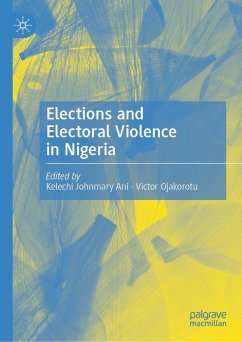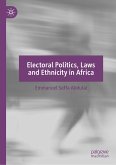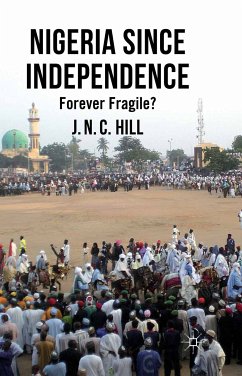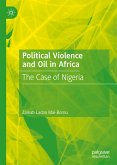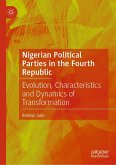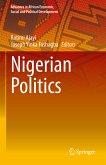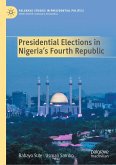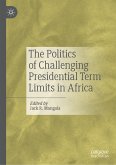The chapters rely on the cases and changing dynamics of elections and electoral violence in the different Nigerian states. It traces the origins of elections, the nature and patterns of a number of past elections as well as the role of youths, judiciary, electoral umpire, social media, gender etc on the changing nature of elections in Nigeria.
DrKelechi Johnmary Ani is a lecturer in the Department of History and Strategic Studies, Alex Ekwueme Federal University Ndufu-Alike, Ikwo, Ebonyi State, Nigeria. His areas of research include peace, conflict and African political history. He is currently a post doctoral research fellow in the School of Public Management, Governance and Public Policy, University of Johannesburg, South Africa and was a doctoral external examiner for the Graduate School of Business and Leadership, University of KwaZulu- Natal, South Africa.
Prof Victor Ojakorotu, who currently Deputy Director, School of Government Studies, Mafikeng at North West University, Mafikeng, South Africa. His research interests are African Politics, Nigeria, Conflict and Peace, Environmental Politics and Security.
He is widely published in internationally accredited academic journals on the vexing subject of the Niger Delta. Some of books he has published on the Niger Delta are Contending Issues in the Niger Delta of Nigeria, Fresh Dimensions on the Niger Delta Crisis of Nigeria, Checkmating the Resurgence of Oil Violence in the Niger Delta of Nigeria and Anatomy of the Niger Delta Crisis: Causes, Consequences and Opportunities for Peace.
Dieser Download kann aus rechtlichen Gründen nur mit Rechnungsadresse in A, B, BG, CY, CZ, D, DK, EW, E, FIN, F, GR, HR, H, IRL, I, LT, L, LR, M, NL, PL, P, R, S, SLO, SK ausgeliefert werden.

